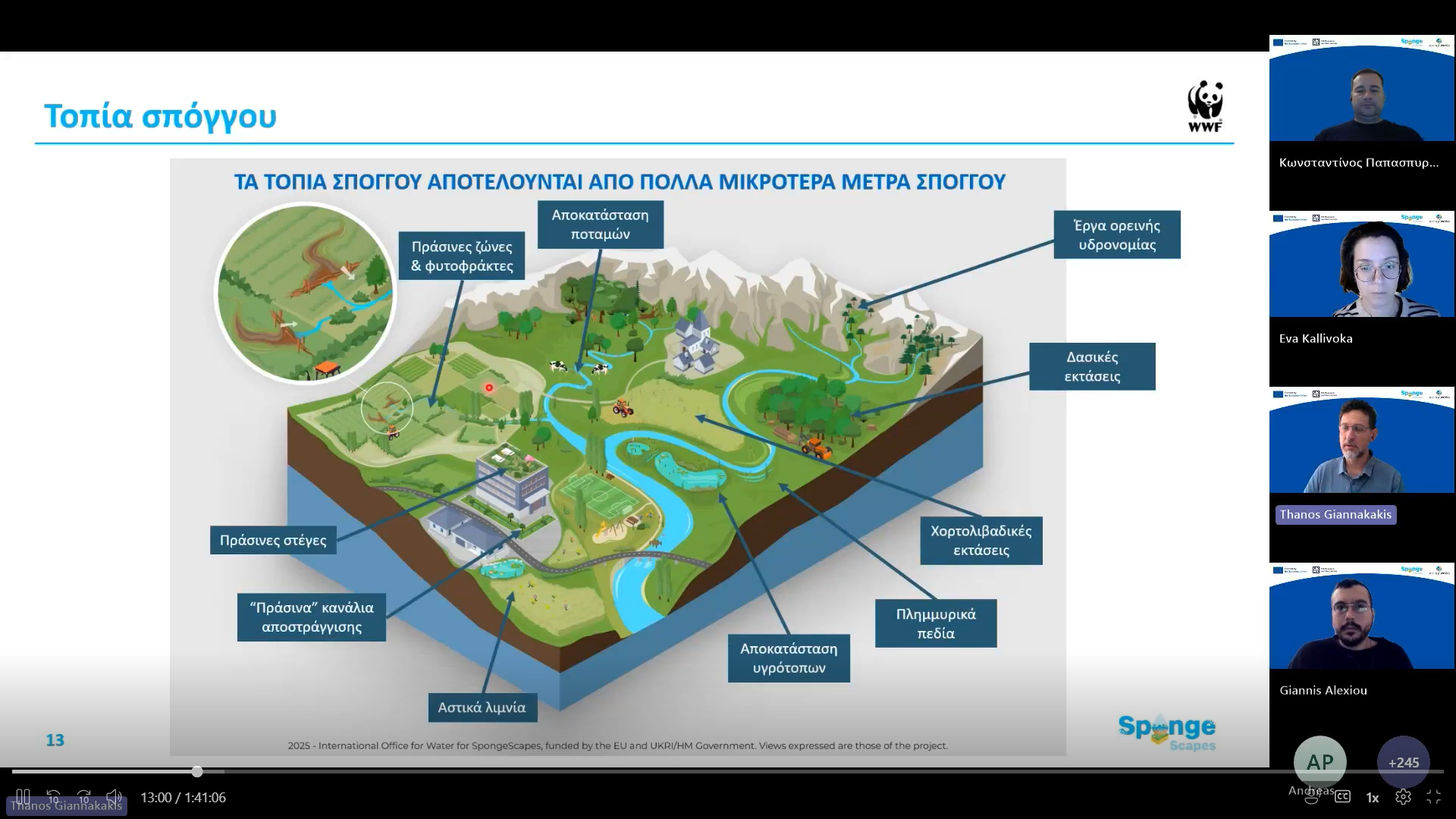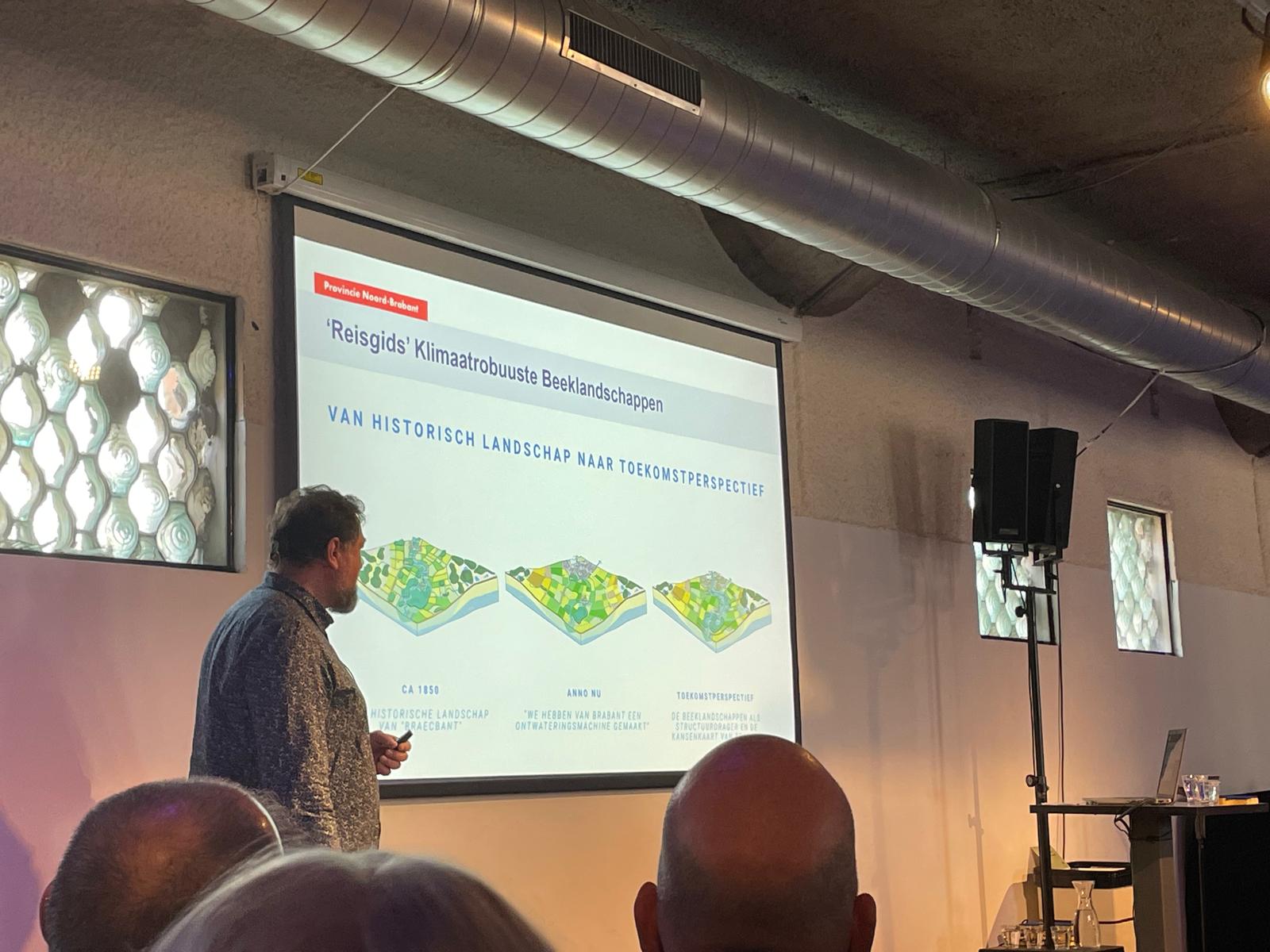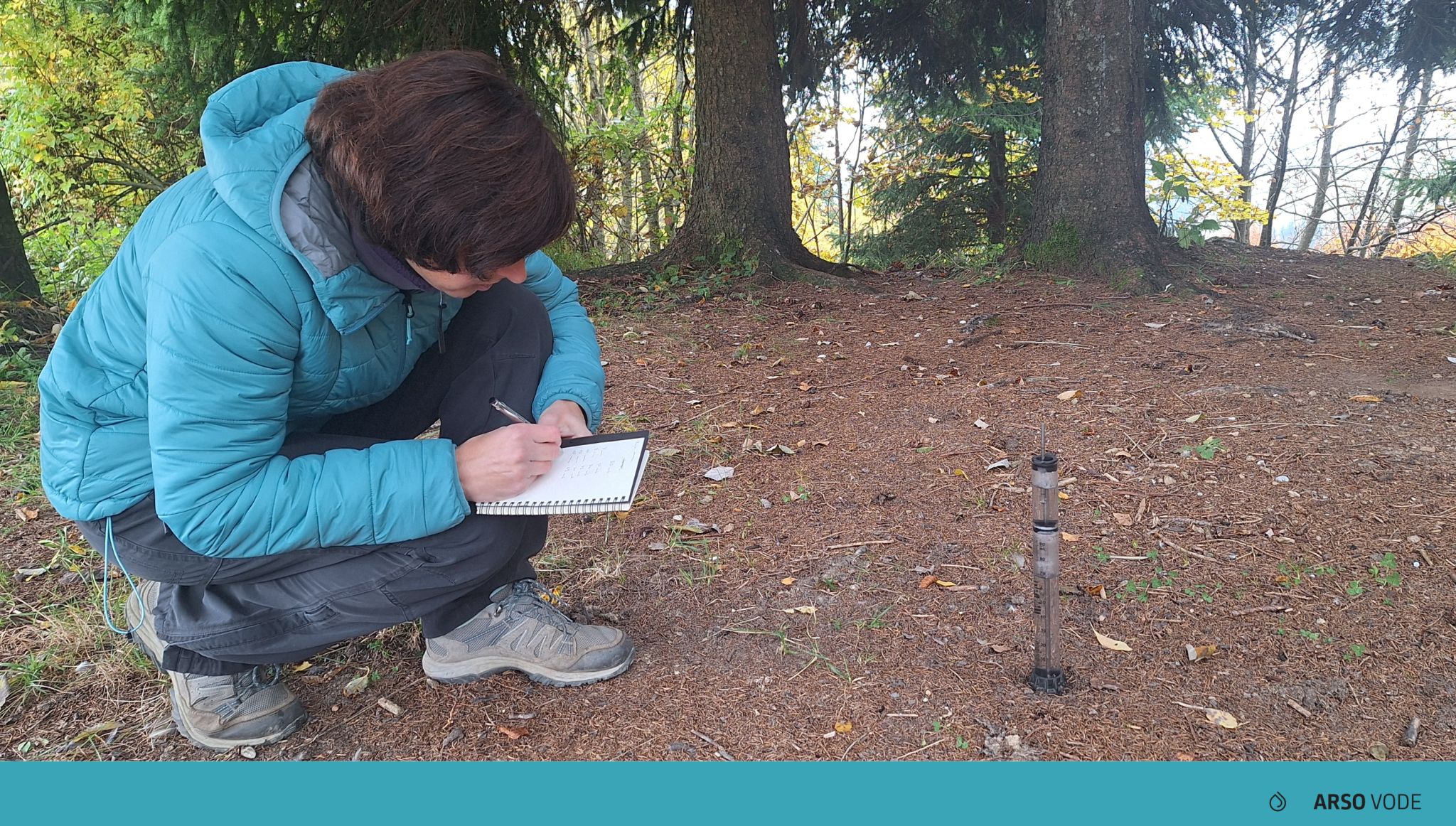Read More
In Ljubljana’s hilly pre-alpine landscape, forests are more than just a scenic backdrop. They play a crucial role in managing rainwater and reducing flood risks for downstream urban areas. Within the SpongeScapes project, scientists are taking a closer look at how different tree species influence rainfall, soil moisture, and the local water cycle in the Gradaščica catchment.
How Trees Interact with Rain
When it rains, not all water reaches the ground.



